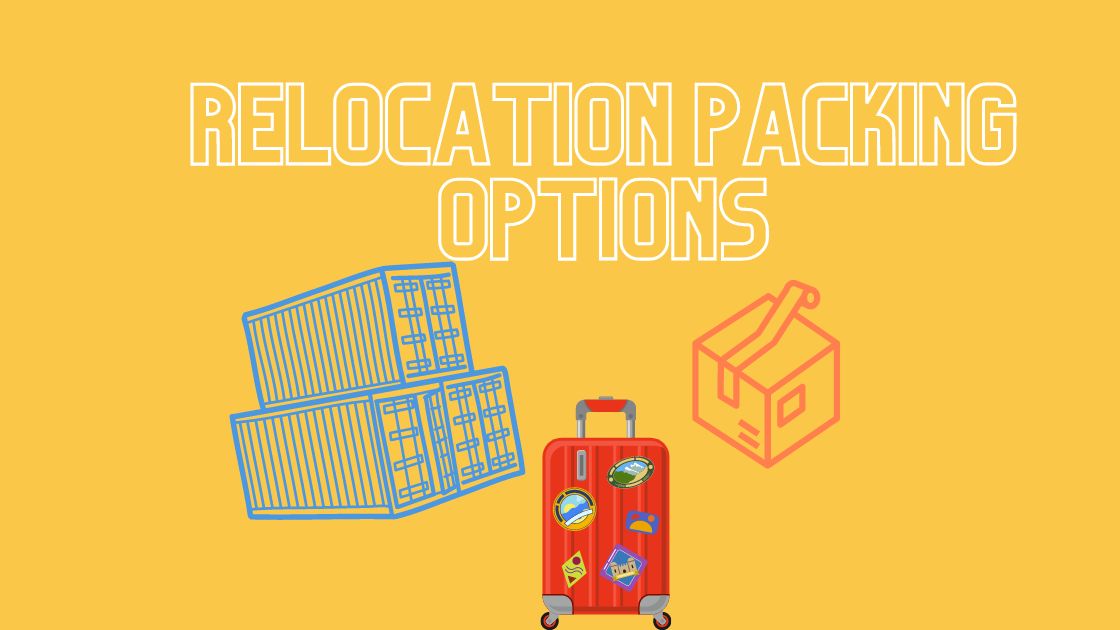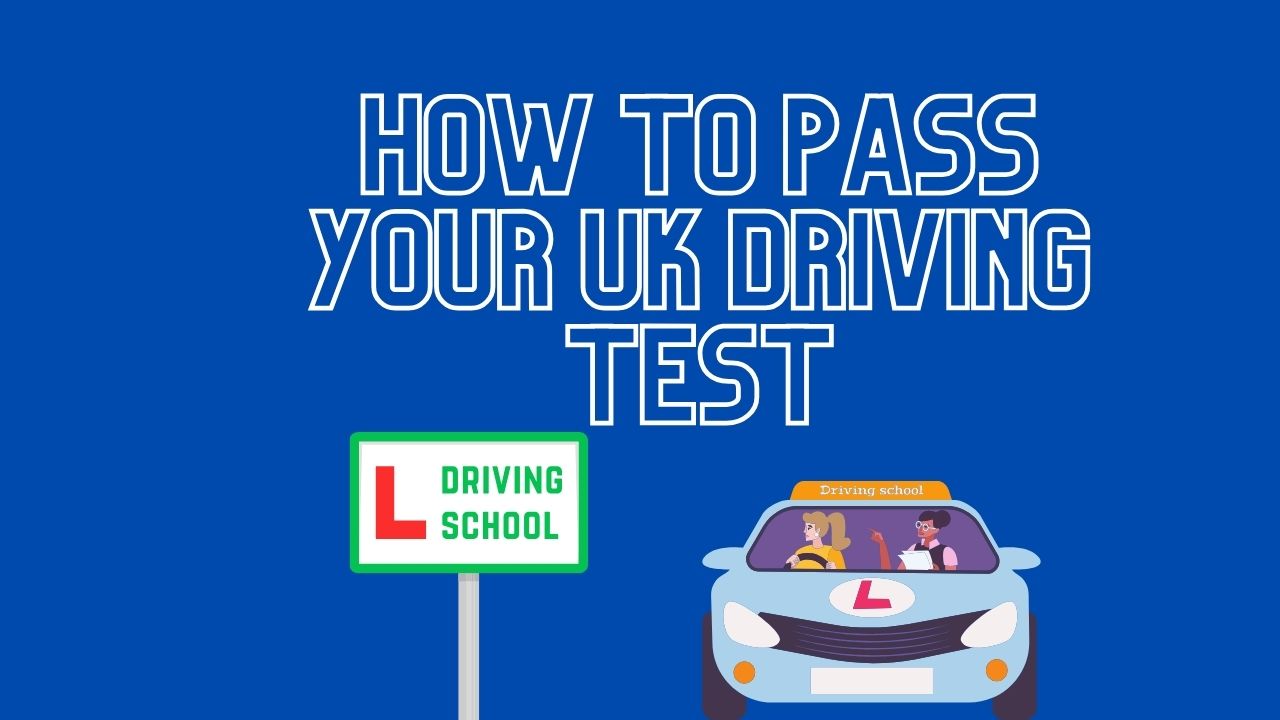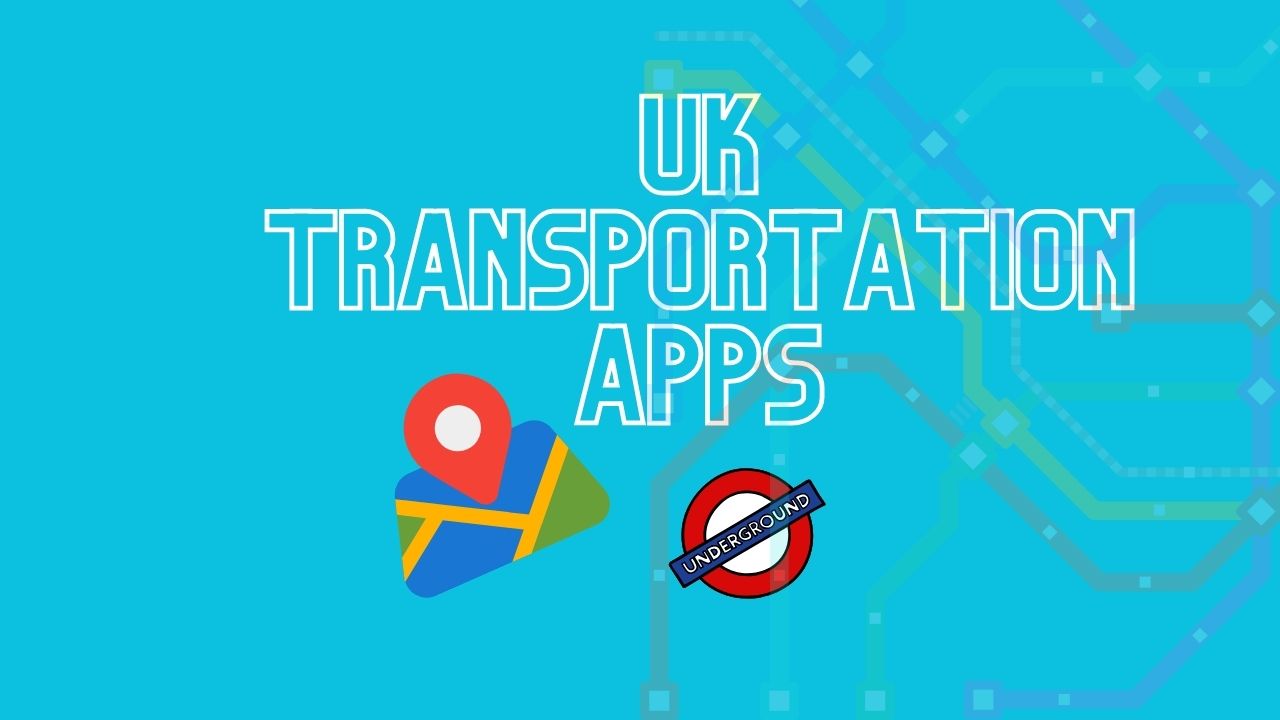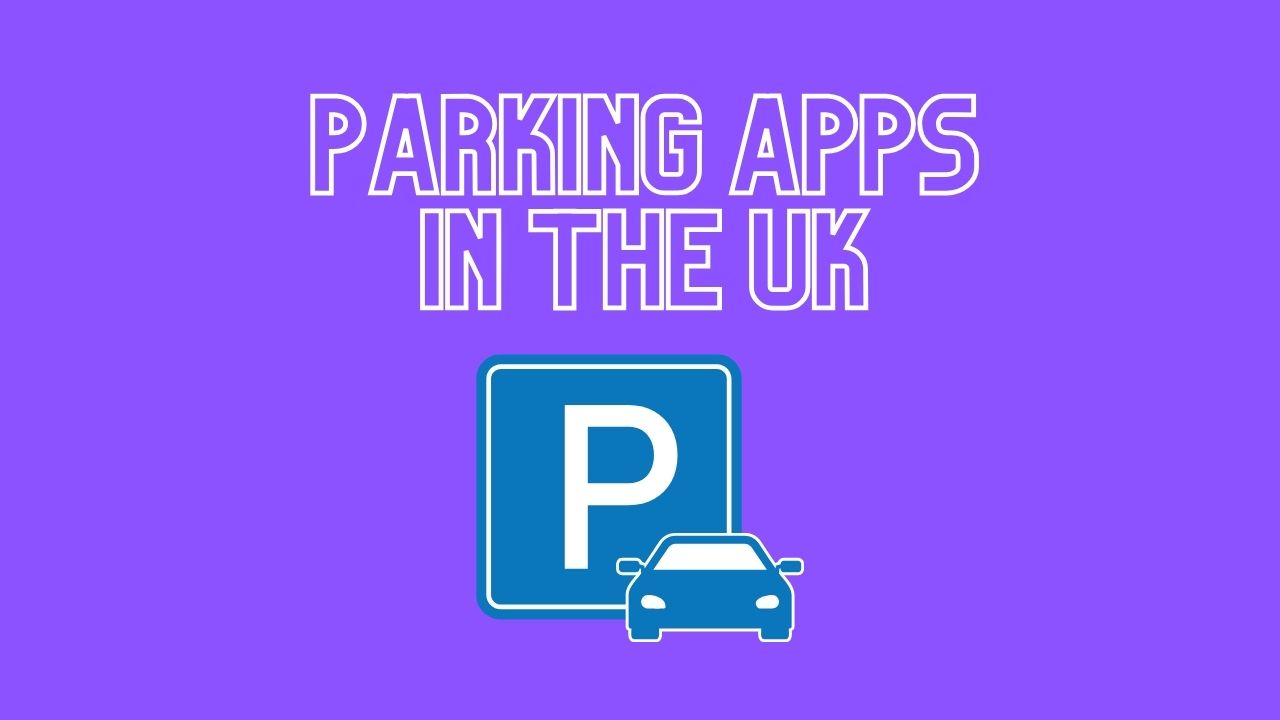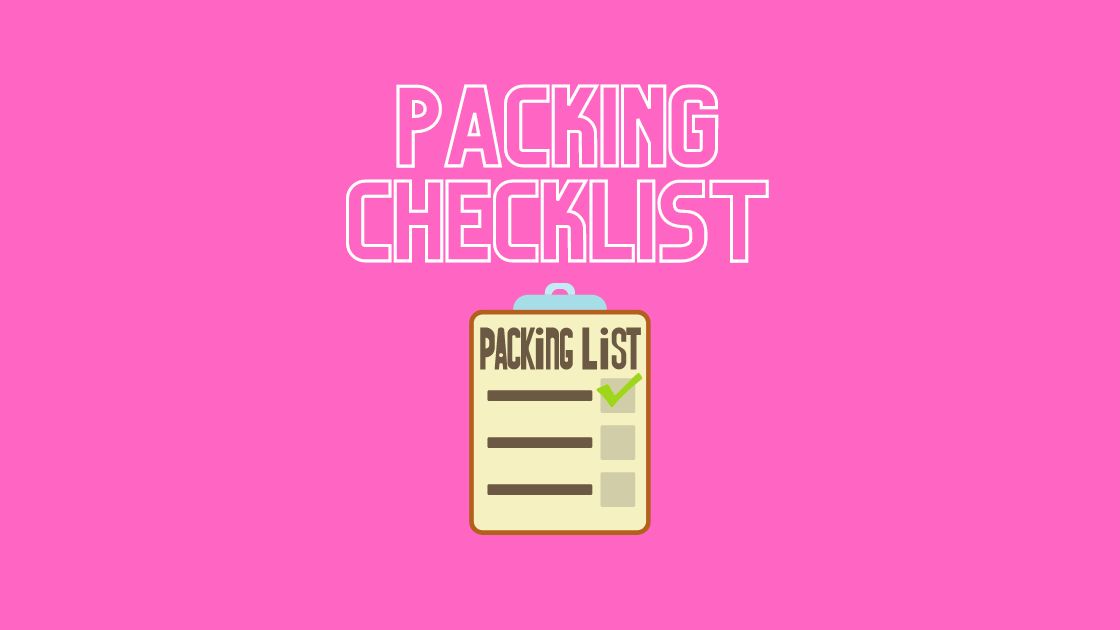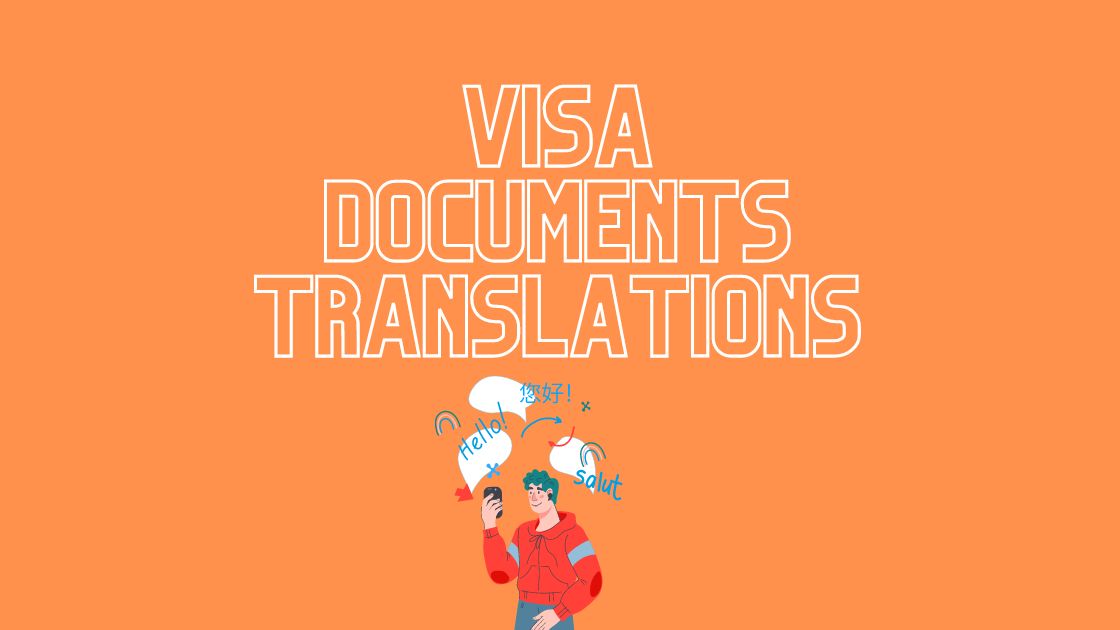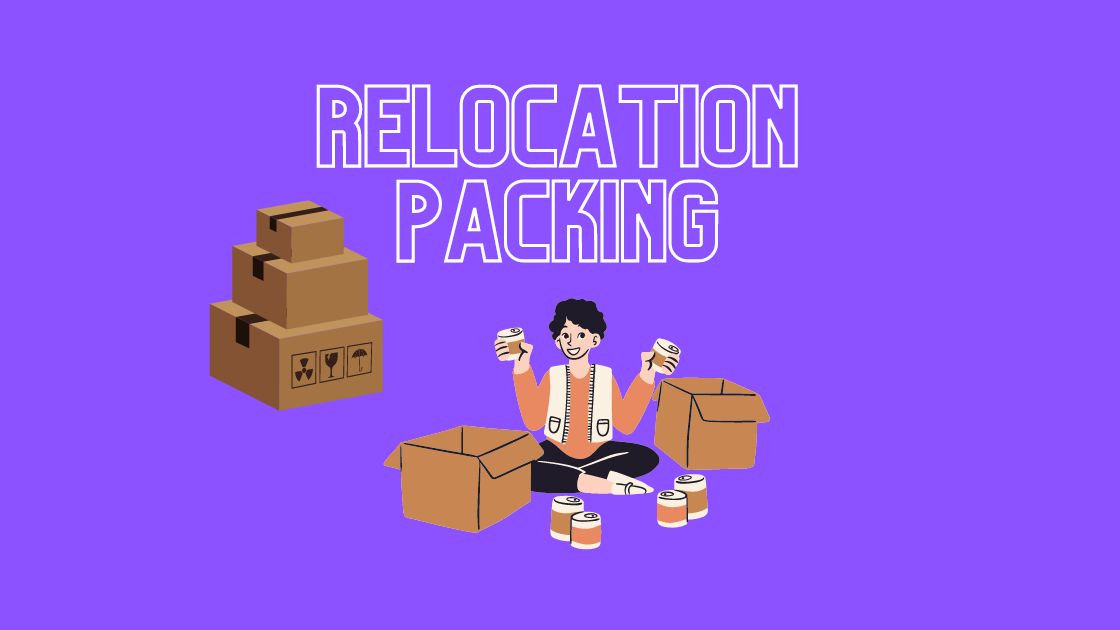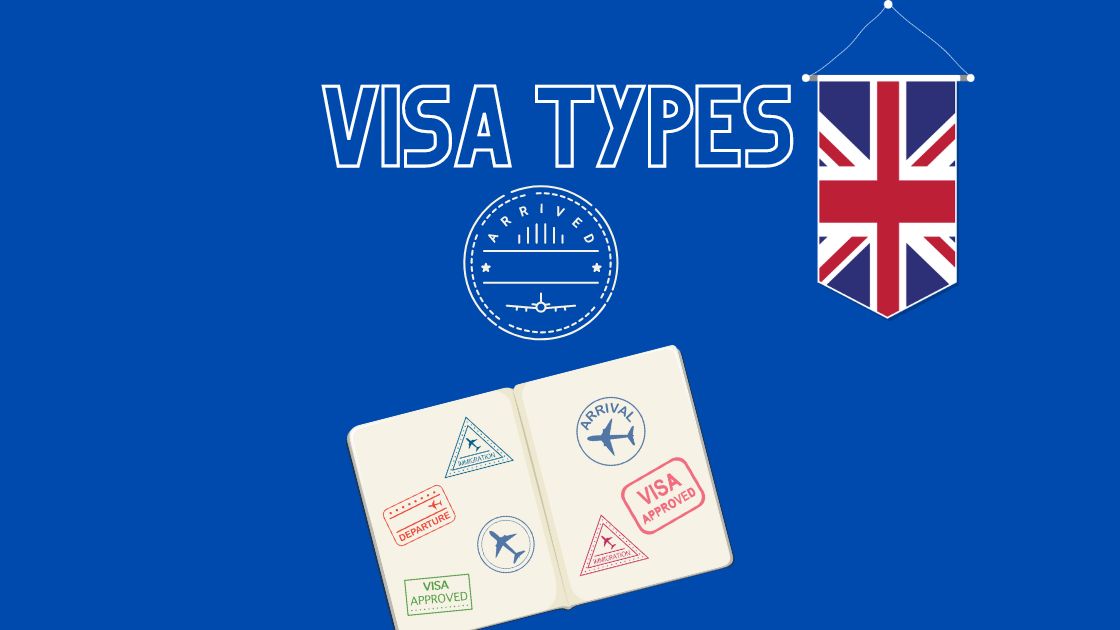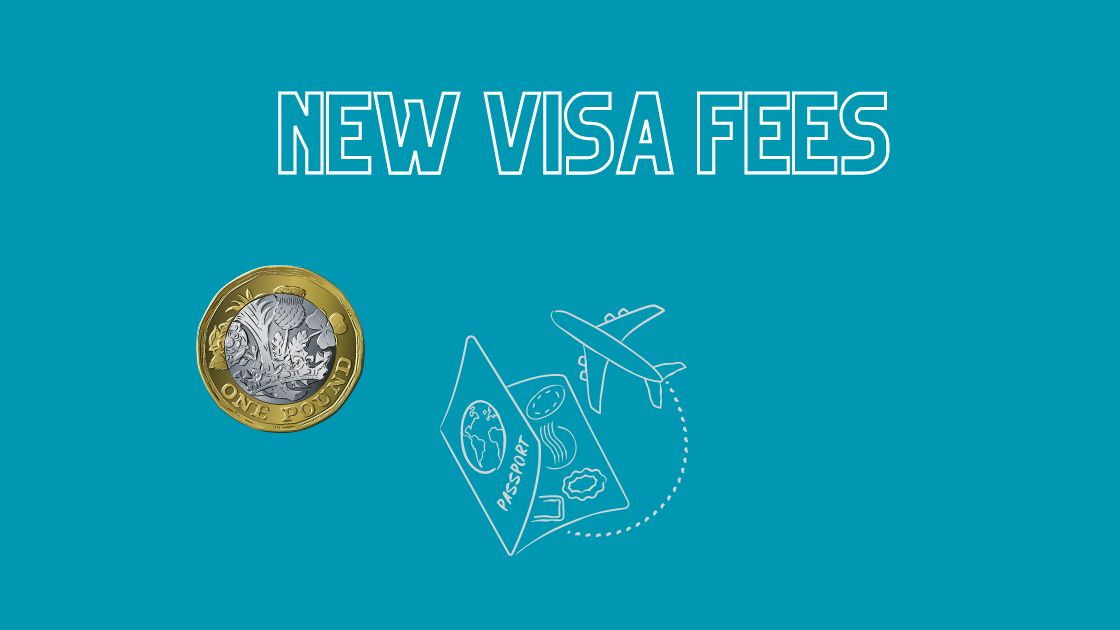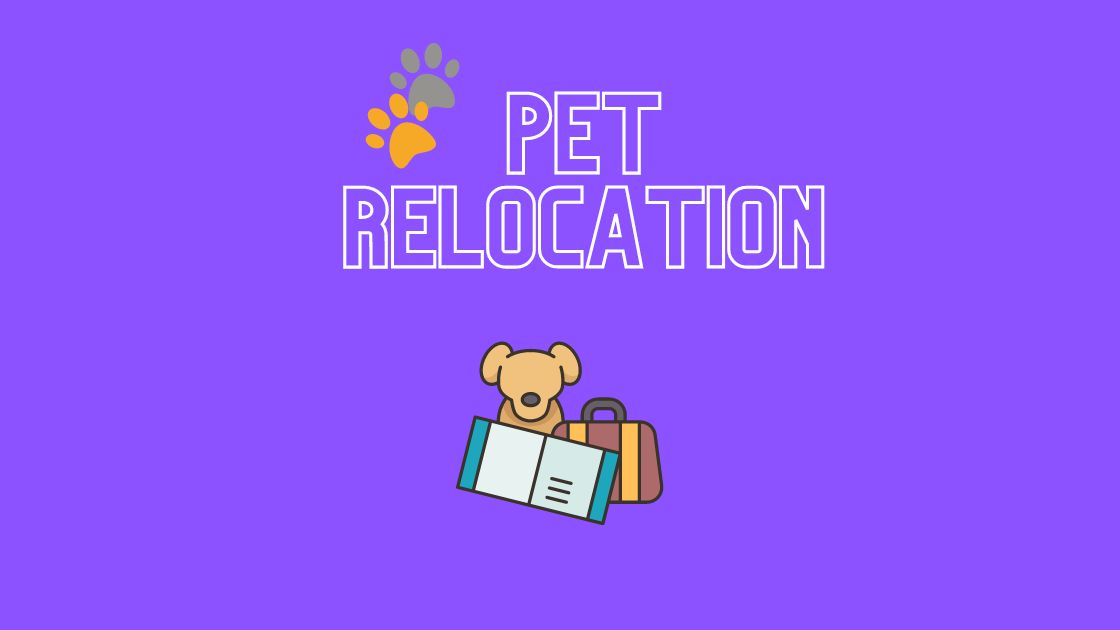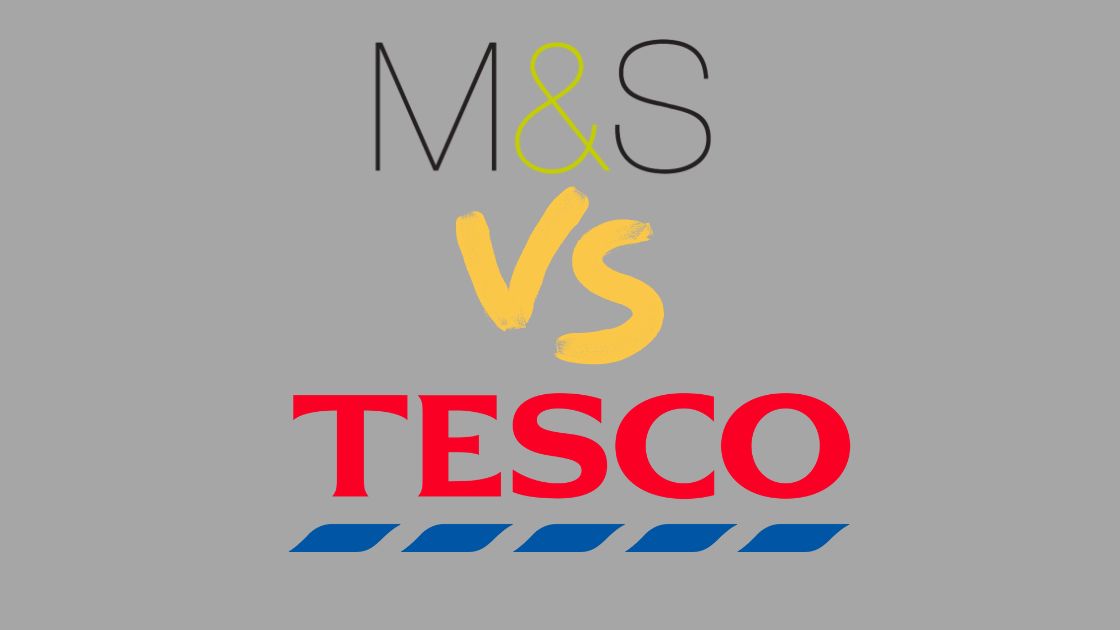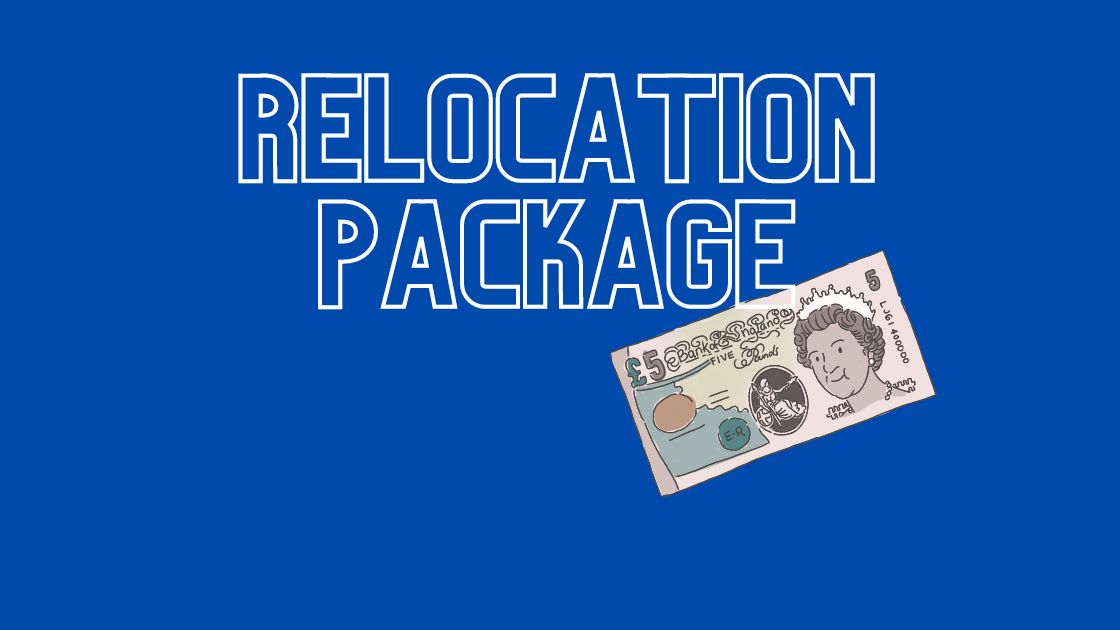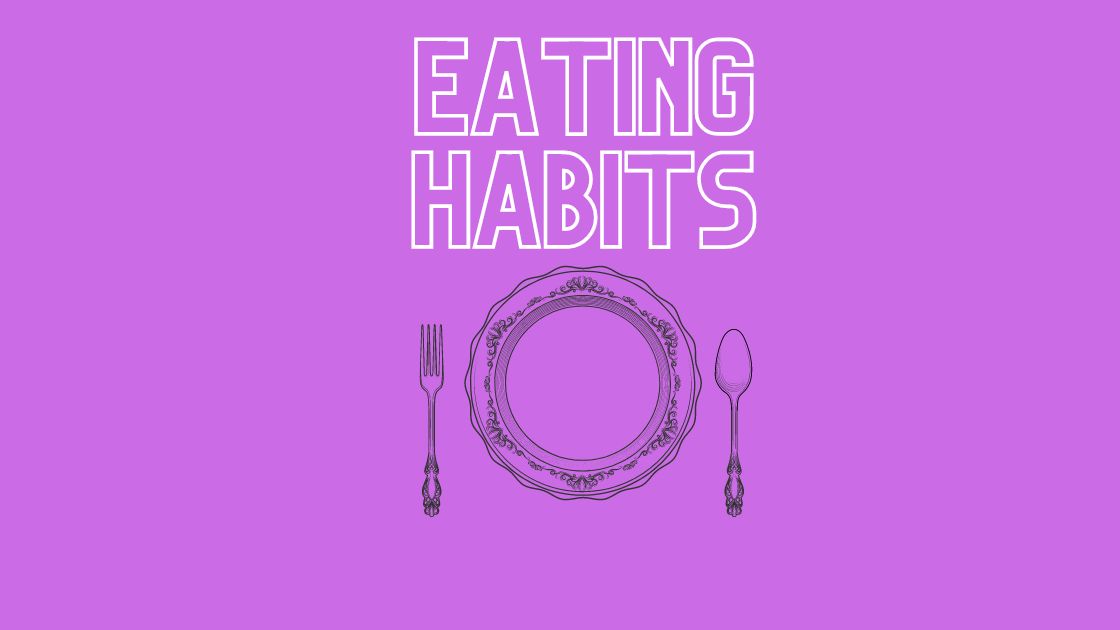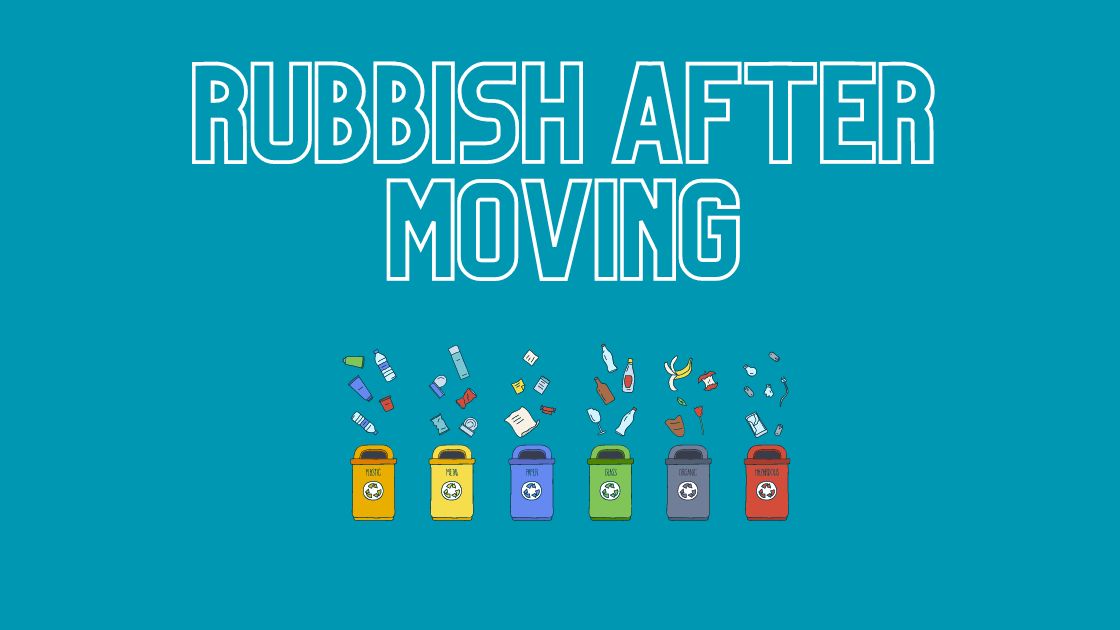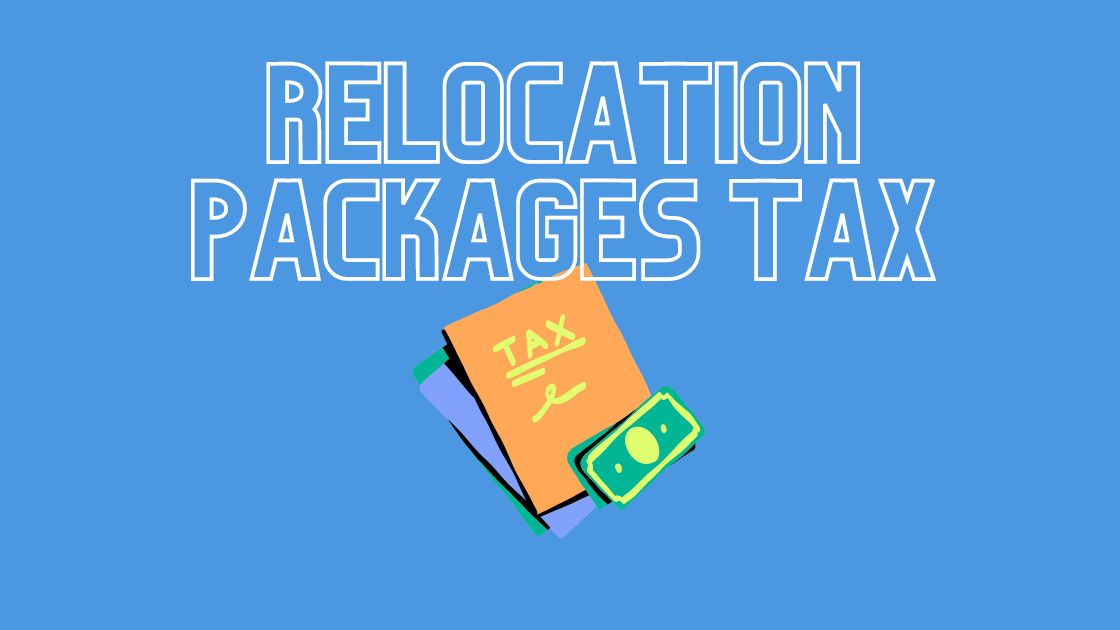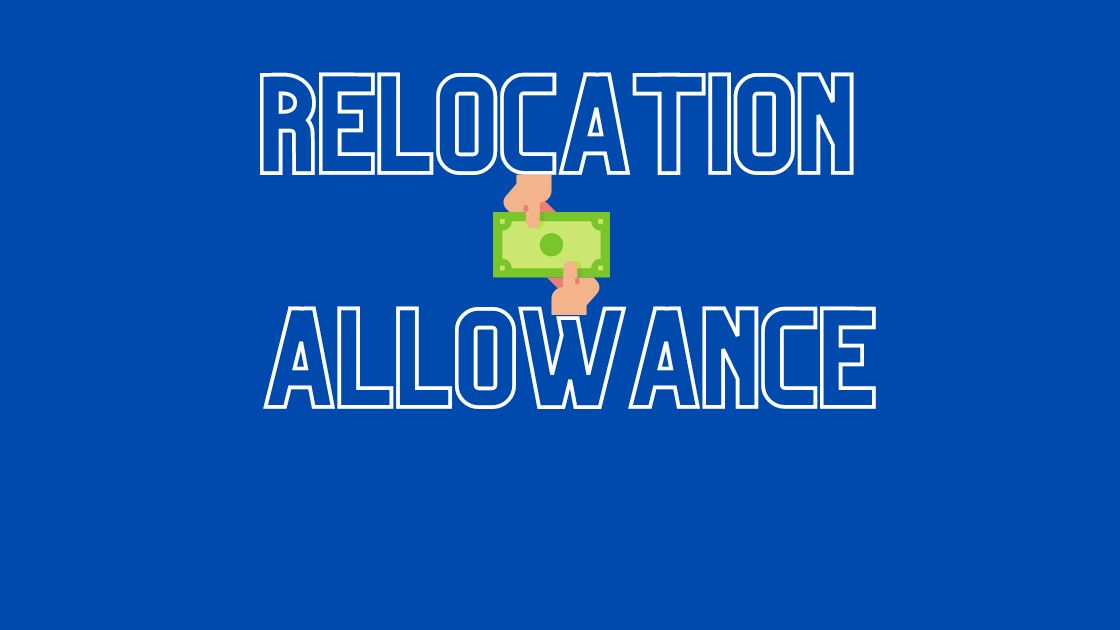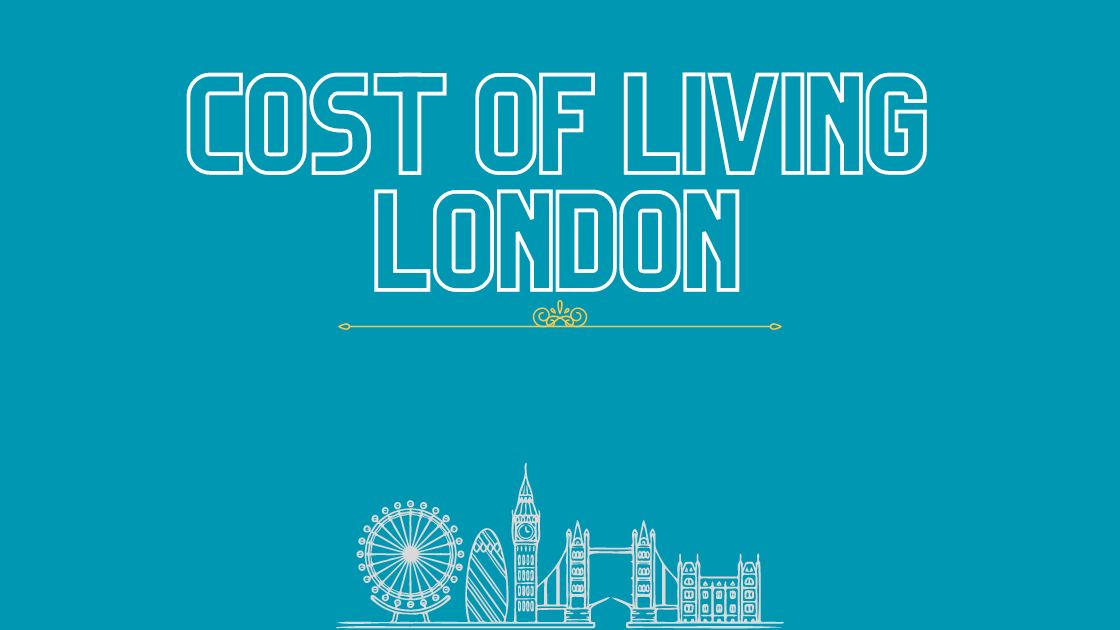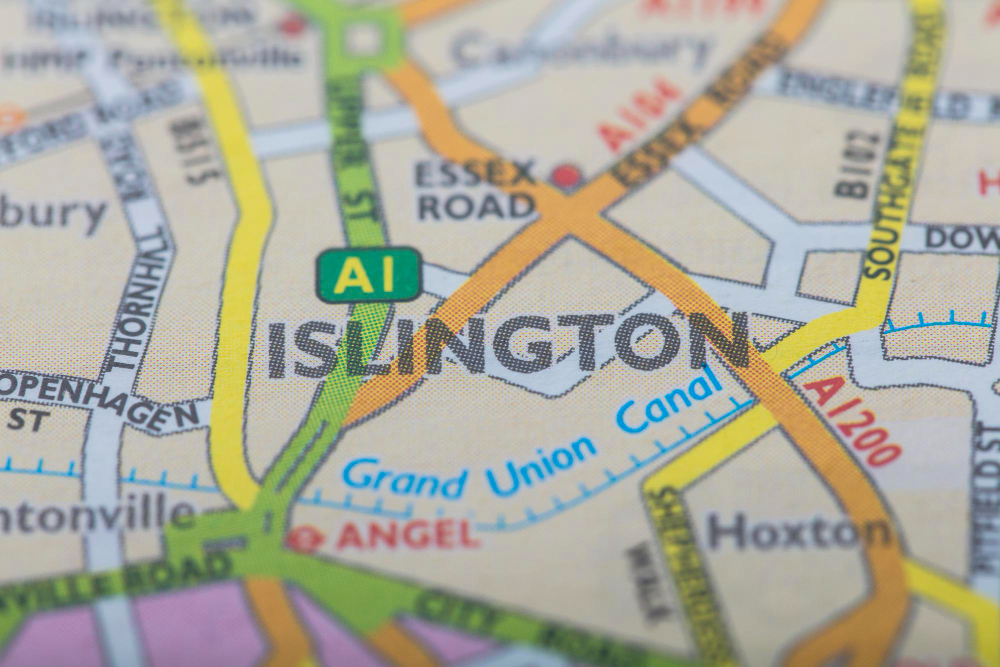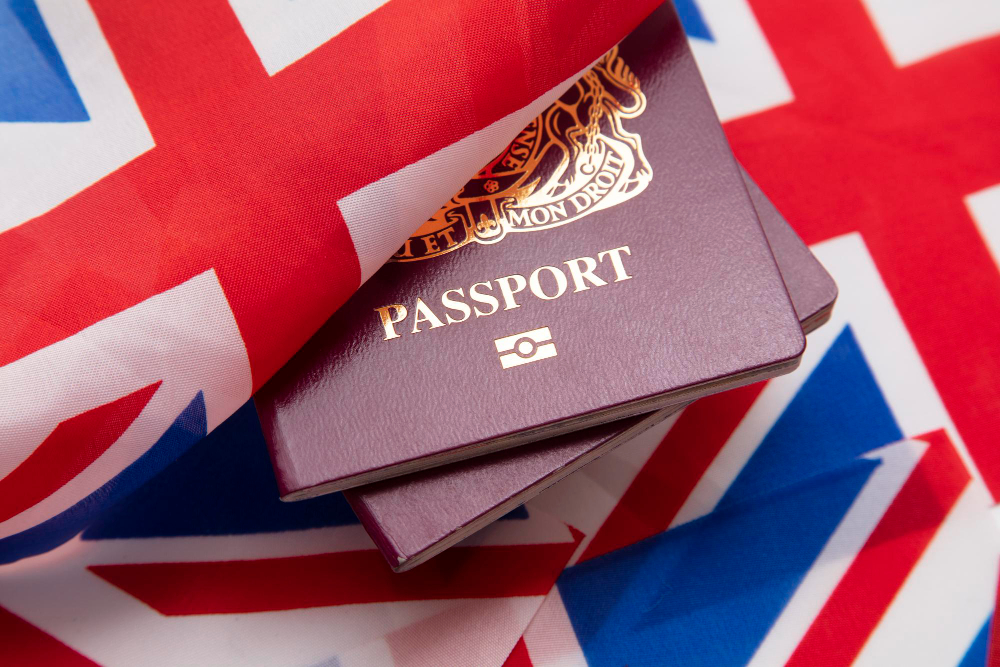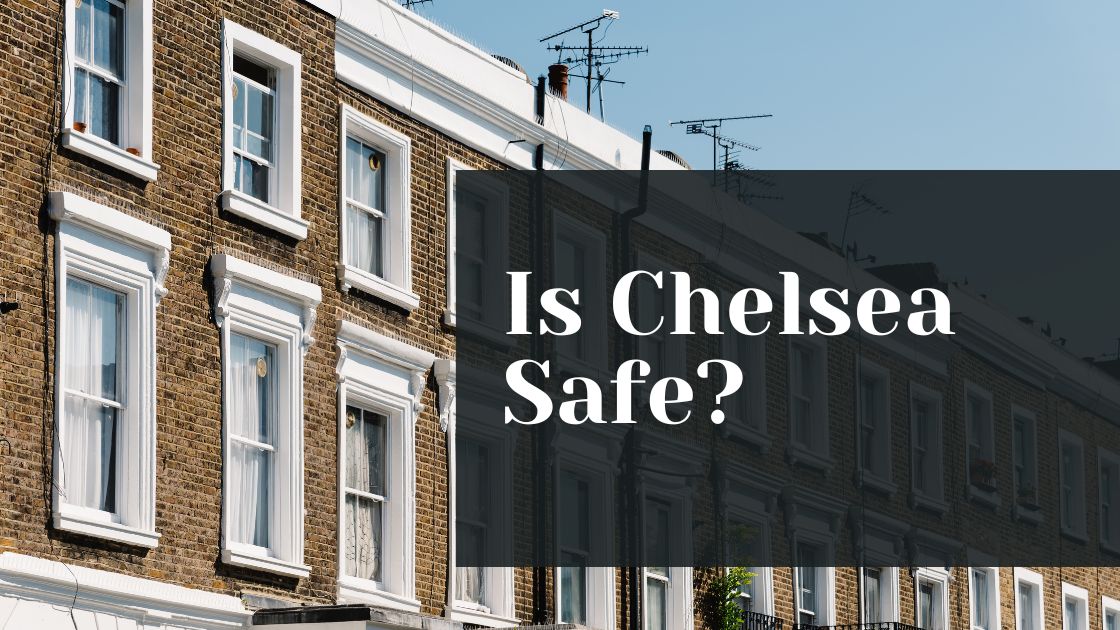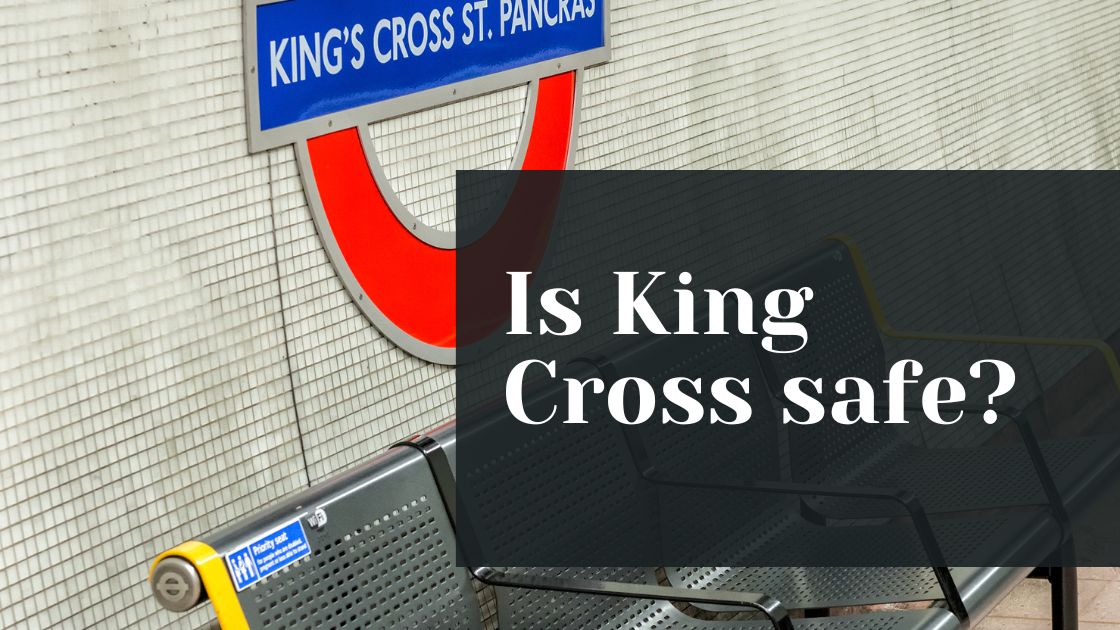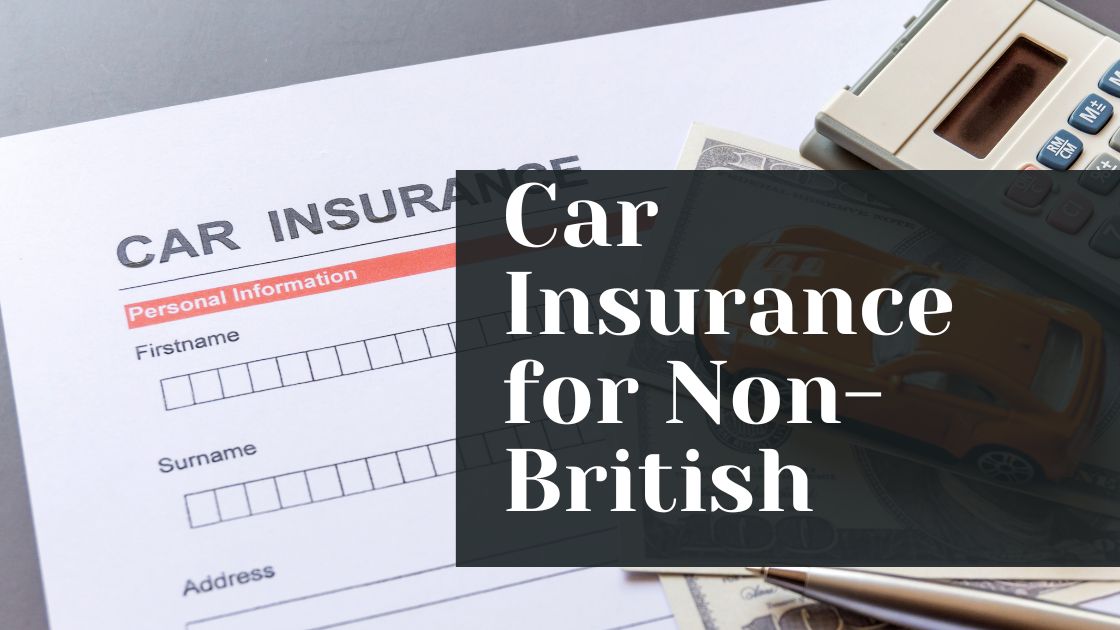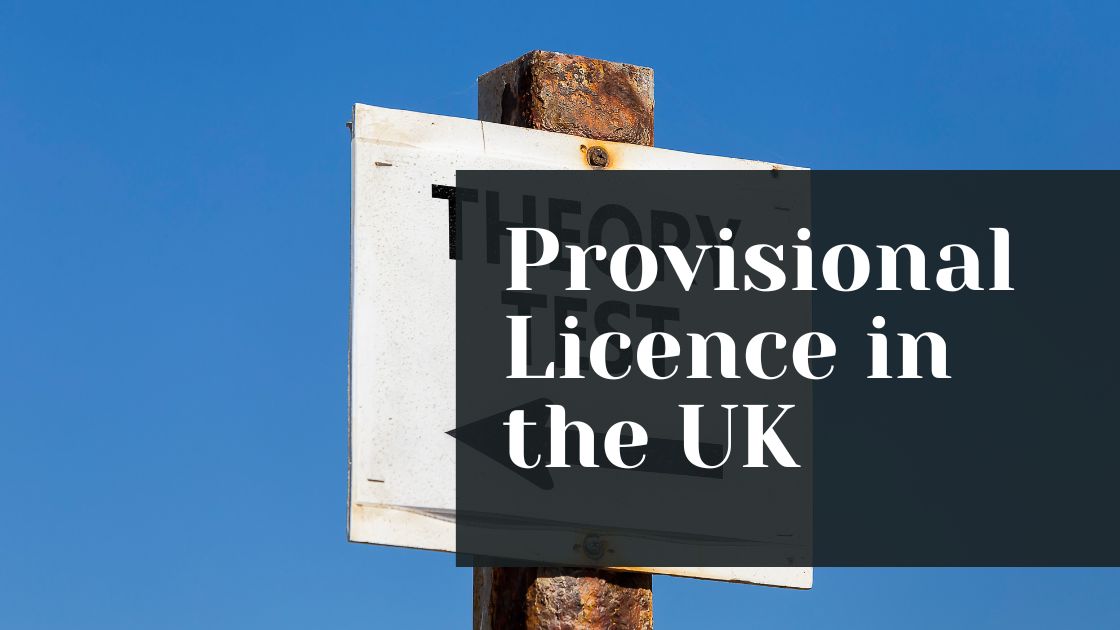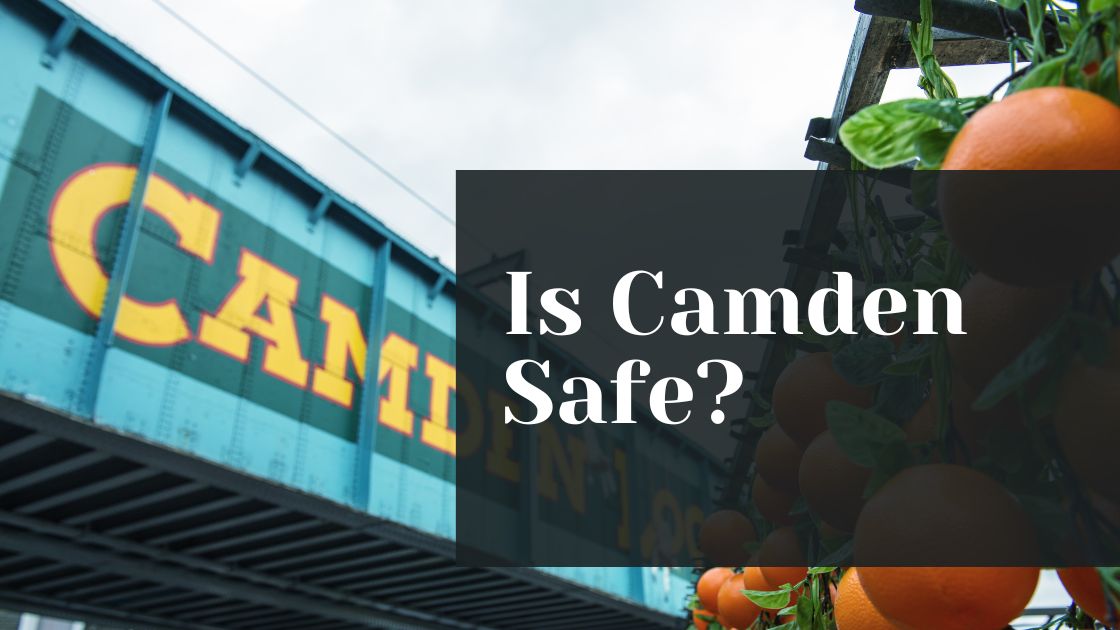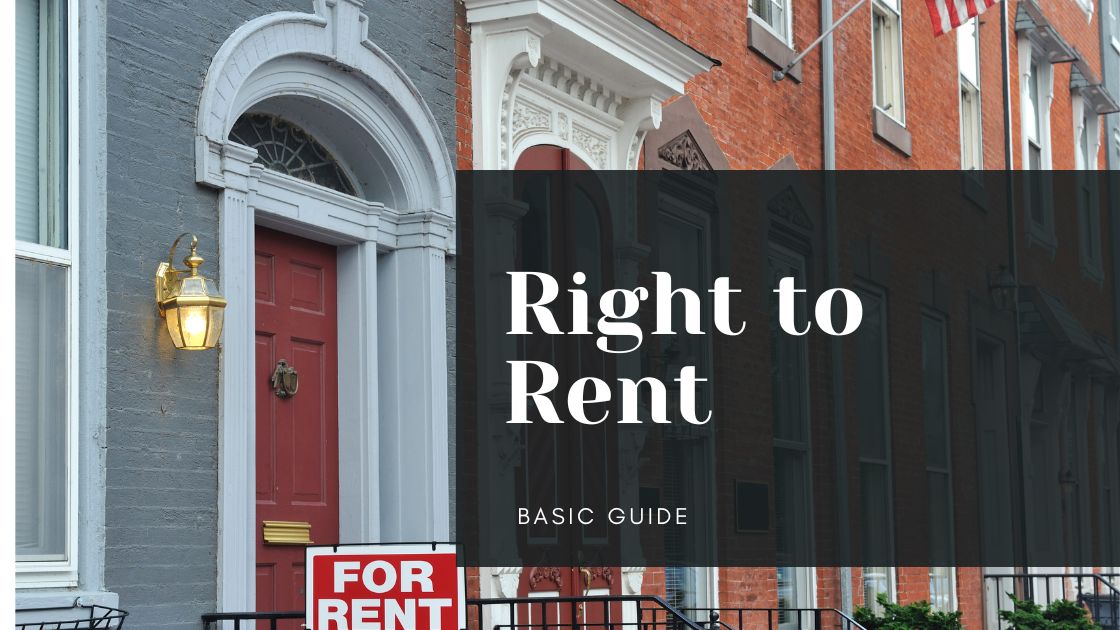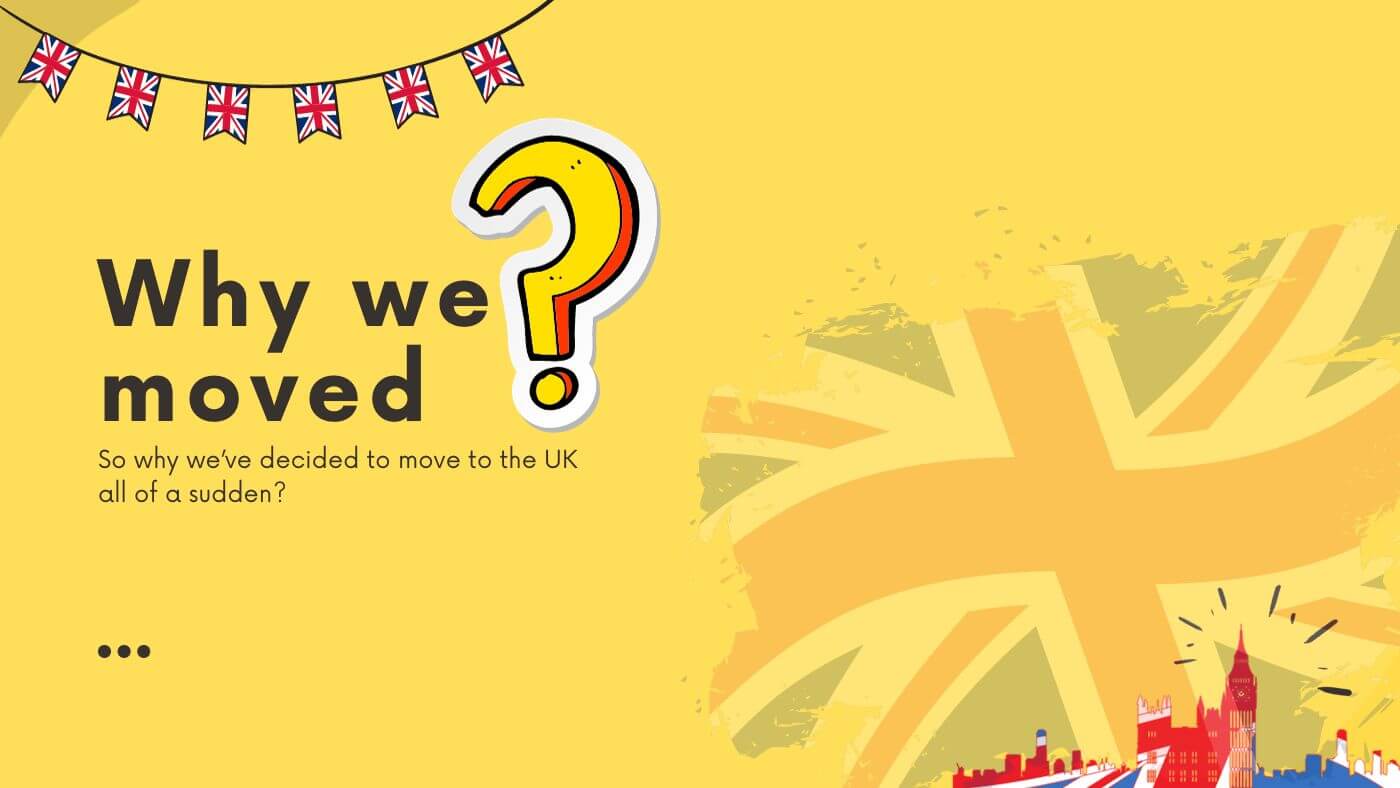So, you’re moving to the UK, and the thought of packing up your life is looming over you like a massive, unclimbable mountain. You’ll have to go through all the toys and the endless bits and bobs. It can feel like squeezing your entire world into a few boxes.
But, getting started on this packing journey can be less complicated and stressful. It’s about making smart choices on what to take, what to leave, and how to organise your belongings so that unpacking on the other side is less of a headache.
And let’s not forget, the UK doesn’t have the most stable weather. The climate here can swing from a sunny, somewhat warm day to rain in the blink of an eye, so you might need to buy a whole new wardrobe anyway. All this means your packing list needs a little tweaking to ensure you’re prepared for those rainy days and can settle into your new life easily. So, let’s get started!
Understanding UK Customs Regulations
Before you start getting ready to pack up your life and move your family to the UK, it’s super important to know what you can and can’t bring into the country. Trust me, the last thing you want is to have your belongings held up at customs or, worse, face fines because you accidentally packed something that’s a no-go.
For starters, certain food items, plants, and animal products are off the table. Things like weapons, including those that might not seem obvious, like certain knives, are a definite no. You’ll also want to avoid counterfeit goods or anything considered offensive material.
Now, onto the paperwork side of things. If you’re bringing in anything that’s not just personal belongings – maybe you’ve got an heirloom piece of furniture or a special piece of art – you’ll need to declare these items and possibly provide paperwork proving their value and that they’re allowed into the UK. It’s all about being prepared and ensuring your documents are in order.
Packing Options
When you’ve got kids, packing even for a short vacation takes a bit of strategic planning. So, when you’re uprooting your life to another country, deciding what to take with you becomes a meticulous scientific process.
Don’t worry, you’ve got two main routes to choose from for getting your belongings ready for the big move. Let’s talk through your options so you can decide which path suits your family best.
Packing Up Yourself
Opting to pack your belongings by yourself can be a smart move, especially if you’re looking to save some money. It’s cost-effective and puts you in the driver’s seat, giving you control over what gets packed and how. See our detailed checklist here
You can decide what’s worth taking along and what might be better left behind, sold, or donated. This is particularly handy when you’re moving with kids, as you know better than anyone what they’ll need immediately after the move and what you can replace or leave behind.
- Declutter. To make the self-packing process smoother, it’s wise to start early and tackle the decluttering first. At this stage, you’re trying to make your move lighter and more manageable. Get rid of anything that you don’t need, from books and clothes to large and small appliances you don’t want to drag across the ocean with you. Toss away the old stuff and donate anything that’s still usable. You can even organise a yard sale and get a few extra quid for your move.
- Create a Detailed Inventory List. This might seem like a bit of a chore, but trust me, knowing exactly what you have and where it’s packed will save you a world of stress on the other side. Plus, it can be handy for insurance purposes.
- Get Enough Packing Boxes. You’ll need a lot of quality packing materials. Invest in some durable boxes, lots of bubble wrap, and packing tape. Also, don’t just start throwing things into boxes. Do your best so they arrive in the same condition they left.
- Label Each Box. Mark the contents of every box and the room they’re destined for in your new UK home. You’ll thank your past self when you’re standing in your new living space, surrounded by boxes, and trying to find the kettle for a much-needed cup of tea.
- Prepare Some Essentials. Remember to pack a separate box with essentials for the first few days. Include things like toiletries, a few changes of clothes, and, if you’re moving with young children, some snacks and their favourite toys. This essentials box should be the last thing loaded and the first thing unloaded.
For families, consider how you’re going to pack your children’s items. Such a big move can take its toll on the kids, so it’s a good idea to keep their most beloved toys and comfort items out until the very last moment. Not only does this provide them with a sense of continuity and security, but it also gives them something to play with while everything else is getting packed up.
Including your kids in the packing process can be helpful, too. Give them small, manageable tasks, like packing their books or toys. That can help them feel involved and excited about the move rather than anxious or upset.
Hire Professional Movers
Opting for professional movers can significantly cut down on the stress that comes with moving. They’re experts in safely packing your items, ensuring that everything from your fragile kitchenware to your bulky furniture is properly protected. Their services typically include insurance coverage, so should anything go awry, you know you’re covered.
However, choosing a reliable moving company requires a bit of homework on your part. It’s wise to scour through reviews online, and don’t hesitate to ask around for recommendations, especially from those who’ve made a similar move. Ensure the company has a solid track record with international relocations. A reputable mover will understand the specifics of shipping to the UK, including any customs regulations that might affect your belongings.
Before the movers arrive, there’s some prep work you’ll need to do:
- Sort through your things and decide what you’re taking with you. This is a good opportunity to declutter – remember, the more you move, the more it costs.
- Decide which items the mover won’t be packing. You might want to pack your unmentionables yourself, so this helps avoid any confusion on the day of the move.
- Set aside all your documents and valuables. Passports, birth certificates, and any jewellery or family heirlooms should stay with you. You don’t want these getting lost in the shuffle.
Price Comparison
Packing yourself is usually cheaper upfront, but hiring movers can save time, reduce physical strain, and offer peace of mind through insurance. Ultimately, the best choice depends on what you’re willing to spend and how much time you’re willing to put into packing up all of your stuff.
| Factor | Packing Yourself | Hiring a Moving Company |
| Labour Costs | Free (your own time) | Typically £30-45 per hour per packer |
| Packing Materials | £40-120+ (boxes, tape, packing paper, bubble wrap), depending on how many thighs you have to pack | Included in most full-service packing estimates |
| Moving Van Rental | £25-80+ per day (depending on size and distance) | Not needed |
| Fuel | Varies based on distance and vehicle | Included in moving company estimates |
| Insurance | Optional (sometimes it’s covered by home or renter’s insurance) | Usually included (liability and damage coverage) |
| Convenience | You do all the work | Less physical labour and time commitment |
Please note that these are just estimations, and the prices will depend on your region and how many items you’re moving.
How To Bring Your Things To The UK
Deciding what to bring over to the UK can feel like a real chore. I remember standing in my living room surrounded by everything I owned, wondering how on earth I was supposed to whittle it down. In the end, my family and I ended up bringing 11 large suitcases with us, and honestly, it felt like we brought most of our house.
It was a massive undertaking, but looking back, I’m glad we took what we did because it helped us settle in more comfortably. But not everyone will need or want to bring as much, and that’s perfectly alright. Each family’s needs are different, and what worked for us might not suit you.
Ship Your Belongings to the UK Via Container
If you’re considering bringing a significant amount of belongings, you might want to think about shipping your items to the UK via a container. Containers come in various sizes, typically 20 or 40 feet, and you can rent a full container or just a part of one if you’re not filling it up.
The whole process involves packing your items into the container, which then gets loaded onto a ship bound for the UK along with the other 458.9 million tonnes of cargo that passes through the UK a year.
Transit times can vary, usually taking several weeks, so it’s wise to plan accordingly. Cost-wise, you’re looking at shipping rates, possible customs duties when your belongings arrive in the UK, and insurance to cover your items during transit. When packing your container, make sure to:
- Secure items well to prevent damage
- Use desiccants to keep moisture at bay
- Keep a detailed inventory for customs
Bring Your Luggage Only
If you’re leaning towards a more minimalist move or are okay with starting fresh, bringing just your luggage could be the way to go. This approach simplifies things but requires careful consideration of what to pack. Choose multipurpose clothing that can layer up or down because the UK weather is famously unpredictable.
One minute, it’s sunny, and the next, you could find yourself caught in a downpour. Essentials like electronics and important documents are a given, but also think about the day-to-day items you might miss. And yes, you may need to invest in a lot of new clothes once here to suit the local climate better – think waterproofs and warm layers. You’ll need some waterproof coats and wellies for the kids and yourself because rain can strike at any time.
General Comparison
There is a price difference between arriving in the UK with just your luggage and shipping your entire household over as well. How much you’re willing to spend on this move depends on whether you want to bring over some stuff that is irreplaceable or have no issues decking out your UK house with new furnishings. Or, you could do both if you wanted to.
| Factor | Container | Luggage |
| Cost | A 20ft container (most common for personal belongings) can cost £2,000-£5,000+ depending on origin, destination, shipping line, and current market rates | Generally cheaper upfront, but limited capacity. Factor in the cost of the things you’ll need to buy once you arrive. |
| Capacity | Can hold large volumes of belongings (furniture, appliances, etc.) | Limited to airline baggage allowances (typically 20-32 kg per bag) |
| Travel time | Travel Time | Faster travel time with you (typically days) |
| Convenience | Less convenient and requires packing, loading, and customs clearance | More convenient, travel with your belongings |
| Additional costs | – Packing materials- Loading/unloading labour- Port fees- Customs duties/taxes- Insurance (optional) | – Excess baggage fees if exceeding airline limits- Potential damage to fragile items |
Packing It Up
Remember the essentials we talked about: starting with a clear plan, sorting your belongings into what to keep, donate, or toss, and making sure you have all the right packing supplies. It’s key to think about what your family needs, how much you can afford to spend on moving, and how life in the UK might be different from what you’re used to.
Give yourself a head start by beginning early and keeping everything organised. It’ll save you a ton of stress down the line. While it might seem daunting now, there’s a whole new adventure waiting for you and your family in the UK.


